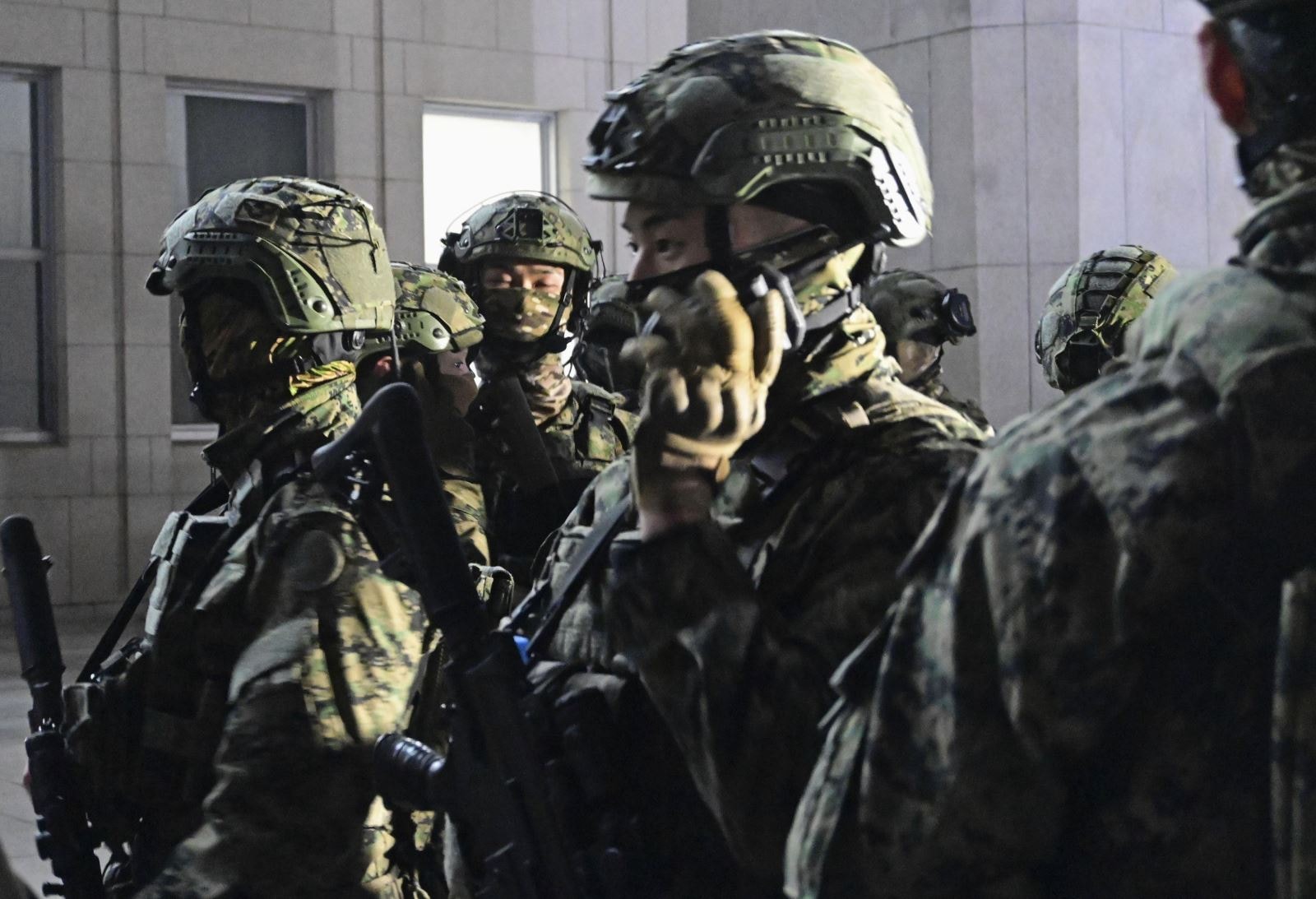President Yoon Suk Yeol's brief martial law declaration had profound consequences for South Korea's politics, economy and international reputation.

The imposition of martial law by South Korean President Yoon Suk Yeol, which was quickly lifted, had profound consequences for the country's politics and international reputation.
The declaration of martial law on the night of December 3 brought internal conflicts in South Korea to a head. Just hours after its issuance, the order was blocked by the National Assembly – including members of President Yoon Suk Yeol’s party – forcing President Yoon to cancel it.
The event comes as Mr. Yoon won the most closely fought presidential election in South Korea's history in 2022, amid a wave of discontent over economic policies, scandals and gender conflicts that are reshaping the political future of Asia's fourth-largest economy.
Experts say the move could mark a turning point in President Yoon's tenure. "For a president who is so focused on South Korea's international reputation, this makes South Korea look very unstable," said Mason Richey, a professor at Hankuk University of Foreign Studies in Seoul. He warned that the event would have a negative impact on South Korea's financial markets, currency and diplomatic standing.
A report by the Institute for Democracy at the University of Gothenburg points to a worrying trend: democracy in South Korea has been on the decline since President Yoon took office. Concrete evidence of this decline includes South Korea's drop from 47th to 62nd place in the global press freedom rankings published by Reporters Without Borders.
Mr. Yoon responded to the criticism by declaring them fake news, even using harsh language, claiming that "pro-North Korea" or "anti-state" forces were behind his criticism.
On the domestic political front, the situation is even more complicated. President Yoon's People Power Party (PPP) suffered a crushing defeat in the general election in April this year, winning only a small number of seats in the National Assembly.
Even within the party, Mr. Yoon began to lose the favor of political allies, with former confidant and current PPP leader Han Dong-hoon calling on him to lift martial law.
Jenny Town, an expert at the Stimson Center, said the move to impose martial law was "desperate and dangerous" and could be the "last straw" that leads to impeachment proceedings. She said President Yoon was unpopular and that this could be the beginning of the end of his presidency.
Social conflicts are also a flashpoint. President Yoon has made controversial decisions, especially in his confrontations with professional groups such as unions and the medical community. Plans to increase the intake of medical students by 2,000 a year and to ask striking doctors to return to work have created deep disagreements.
On the international front, a Western diplomat said the move would complicate South Korea’s diplomatic discussions. This is especially important as South Korea seeks to position itself on the international stage, especially ahead of the inauguration of US President-elect Donald Trump on January 20, 2025, who has clashed with President Yoon’s predecessor on trade and payments for US troops stationed in South Korea.
Thus, the martial law incident is not just a simple political incident, but also a sign of deep challenges in Korean democracy. President Yoon's political future is in an extremely fragile stage, with the risk of losing credibility and support both domestically and internationally.